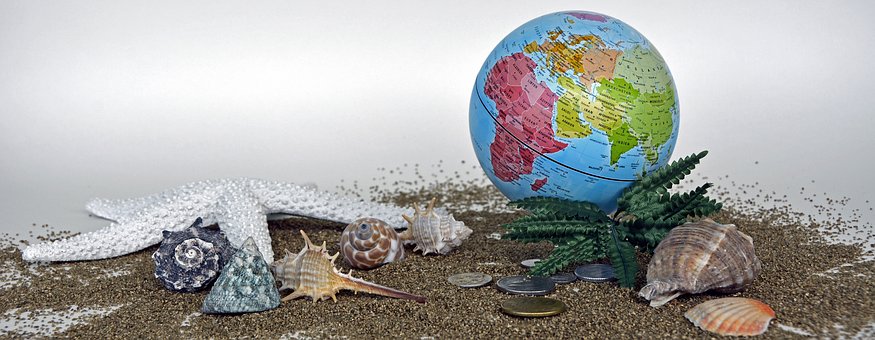The Planet
The Planet is Our Planet
Human emotion generated initial interest in protecting the planet. Should we say, "The" planet or "Our" planet? See how simply changing “the” to “our” changes our feelings about our planet? Years ago, human emotion about our planet compelled action, but not initially on the scale we see today. It may be somewhat accurate to say things were happening behind the scenes. Our planet and how we treat it was undergoing examination.
As time went on, human emotions about our planet spilled out into ordinary everyday activities and the word spread far and wide. Ordinary people took notice and an awareness for change became more prevalent.
With growing concerns for our planet, ordinary everyday people began to make demands. Their influence grew and things began to happen. Concern creates demand and activity. With increasing interest in protecting the planet came challenges directed towards the people, organizations, etc., who seem to be at the cause of the damages. This conflict created a need to respond, a positive action because necessity is the mother of all invention.
The two sides eventually meet and begin to talk about how to come together. Depending on the temperature of the meetings, the path of the two sides move closer or farther apart. Sometimes both, depending upon varying details. More meetings are held, more details are publicized, and each side tends to grow more understanding when there is free and open dialogue.
Where do things stand today? Who are the two sides? Who makes up their base?
 WHO ARE THE TWO SIDES?
WHO ARE THE TWO SIDES?
Some would liken this to those who break things and those who fix things. Those who want to fix our planet claim it is broken (actually, the claim is worse, but we'll go with this for now). Efforts increased to persuade the public of the dire need to fix the planet and convinced consumers to take personal action. Consumers turned to officials requesting they challenge any entity deemed to be "breaking" the planet. Officials begin to enact laws in response to their constituents’ demands.
So, who is breaking our planet? Is it consumer demand that is aiding planet destruction? Is it the demand for convenience that contributes to the dirtying of our planet? Is it manufacturers pushing their convenient products into consumers’ daily lives?
Many consumers work for these manufacturers, these product creators. Without the wages from these manufacturers, many consumers could not afford many of the conveniences they enjoy and demand. Likewise, if the manufacturers were forced to close their doors because of regulations, would these become obsolete? Would these jobs be shipped overseas to become someone else’s problem? What would happen to our manufacturing base? The community would lose the benefit of the company’s tax obligations and the community would experience the loss. There is no “free” ride.
SO WHERE DOES THIS STAND?
Through this series, Sinclair & Rush, Inc. hopes to open your mind to the truth about all things plastic. We will attempt to provide an unbiased, scientifically based, and honest dialogue to help you make educated decisions about plastics and their alternatives. Like the answers to so many questions, the answers will often be "it depends". We are used to convenience. We want easy answers. The facts are not that simple. We hope to help you make educated decisions and be able to intelligently defend your position. After all, won’t all efforts to understand make our planet a better place?

